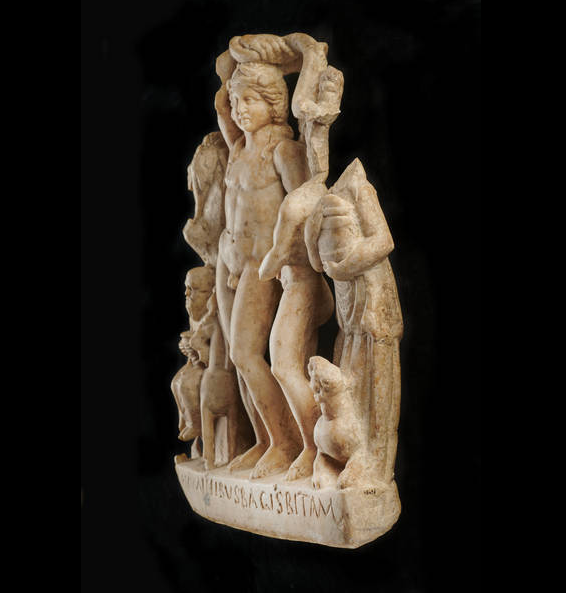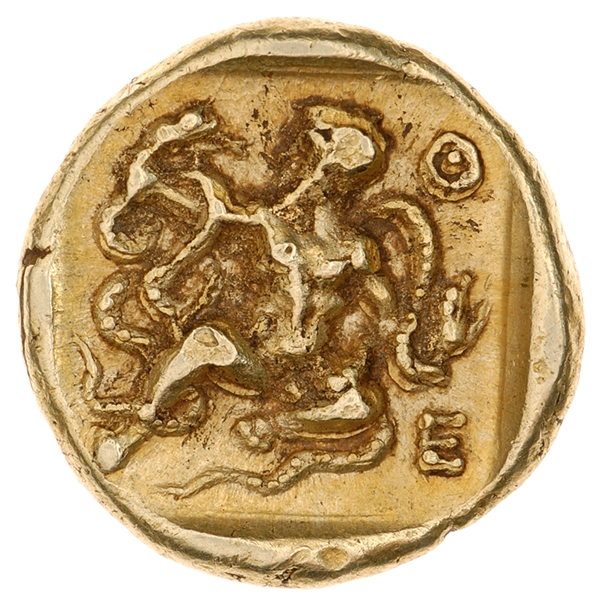
#LatinForTheDay - 6 September
"Omnis avet quae iam bellis spectataque fama
turba ducum, primae seu quos in flore iuventae
temptamenta tenent necdum data copia rerum.
at quibus arvorum studiumque insontis aratri,
hos stimulant magnaque ratem per lustra viasque...
"Omnis avet quae iam bellis spectataque fama
turba ducum, primae seu quos in flore iuventae
temptamenta tenent necdum data copia rerum.
at quibus arvorum studiumque insontis aratri,
hos stimulant magnaque ratem per lustra viasque...

"...visi laude canunt manifesto in lumine Fauni
silvarumque deae atque elatis cornibus amnes."
Valerius Flaccus, Argonautica 1.100-106
silvarumque deae atque elatis cornibus amnes."
Valerius Flaccus, Argonautica 1.100-106
'That whole host of heroes, their renown in war well-known,
Were ablaze; as were that collection whom, still in their
First flush of youth, quests have not yet exhausted.
The Fauns, seen cavorting in the thickets and along the roads
In the clear light of day, sang of the Argo...
Were ablaze; as were that collection whom, still in their
First flush of youth, quests have not yet exhausted.
The Fauns, seen cavorting in the thickets and along the roads
In the clear light of day, sang of the Argo...
'As did the goddesses of the glades and the horned river-gods,
Rousing those whose task was but to till the fields with peaceful plough.'
Rousing those whose task was but to till the fields with peaceful plough.'
Here Valerius Flaccus speaks of the effect of Juno's proclaiming of the quest of Jason and the Argo, calling to her those who wished to be "exalted to heaven for their glorious deeds".
The Image at the head of this brief thread is 'The Argonauts', a triptych by Max Beckmann, 1949-1950 (National Gallery of Art, Washington: 1975.96.1.a-c. Link - nga.gov/collection/art…).
#LatinForTheDay
#LatinForTheDay
• • •
Missing some Tweet in this thread? You can try to
force a refresh

















